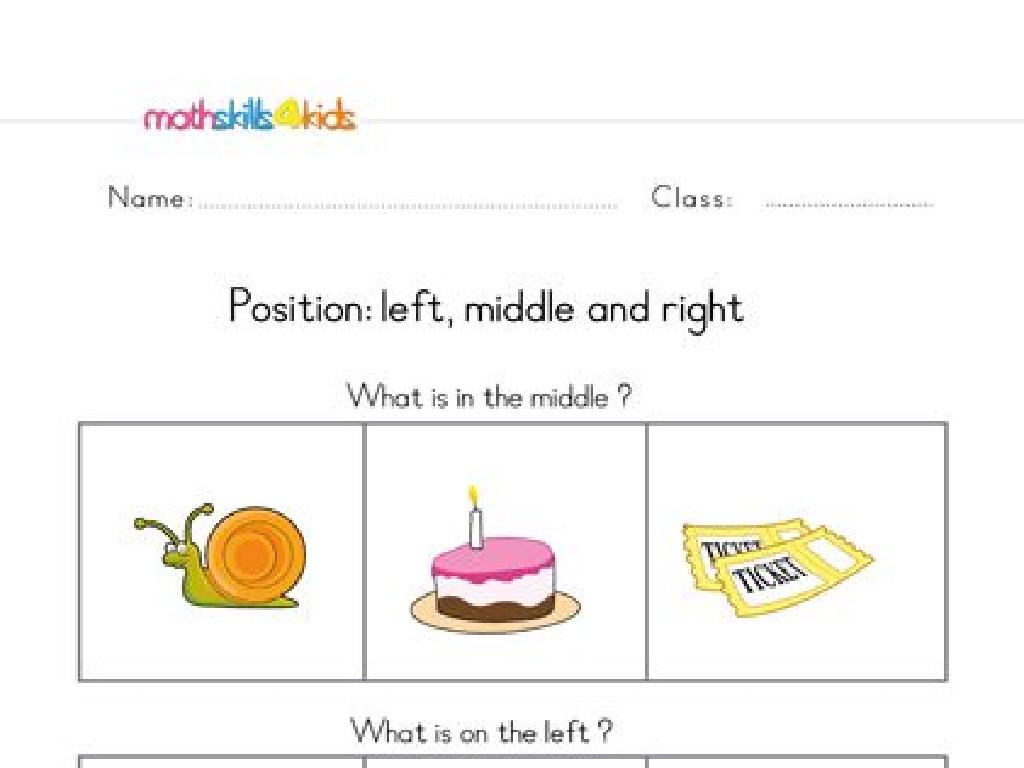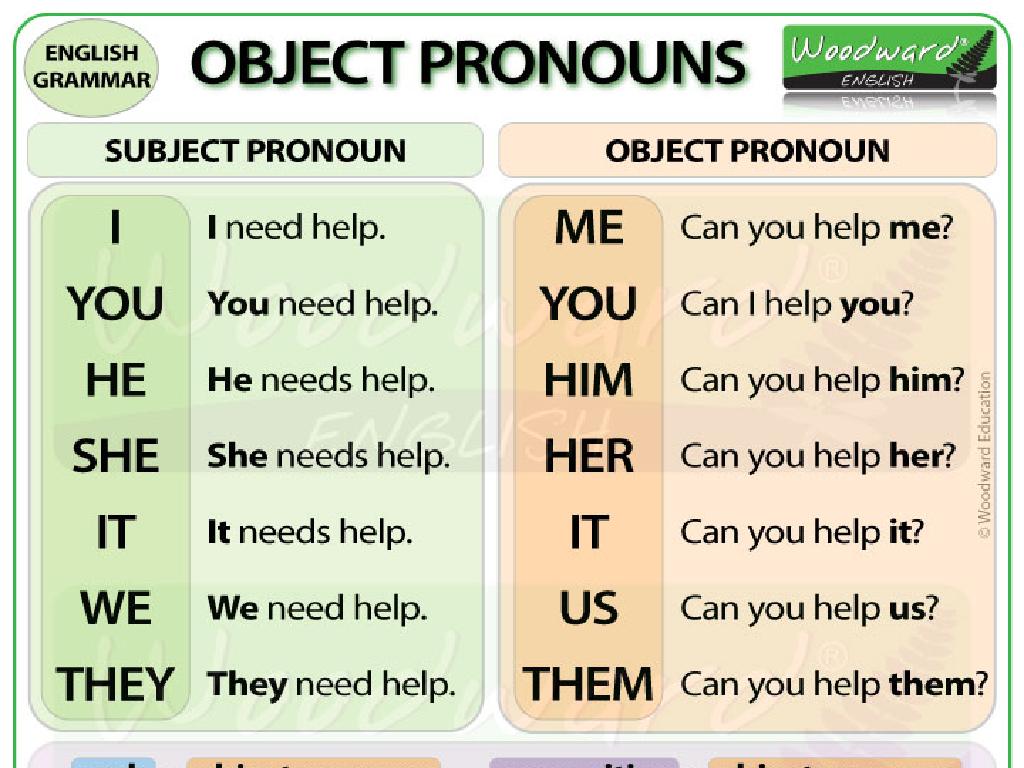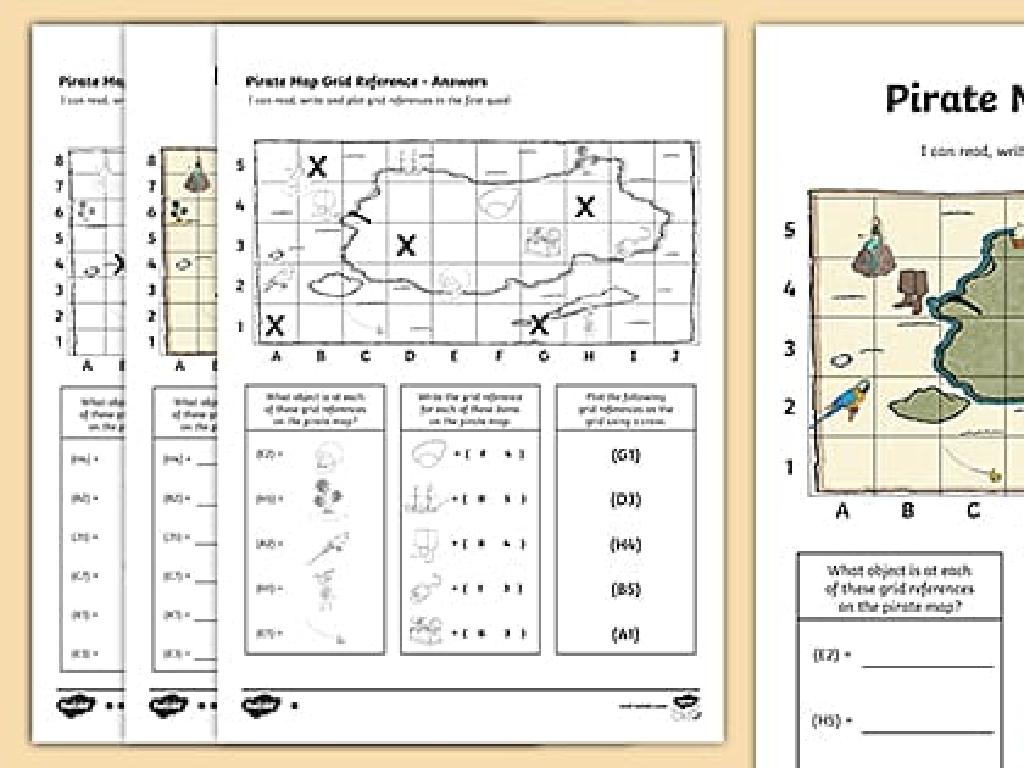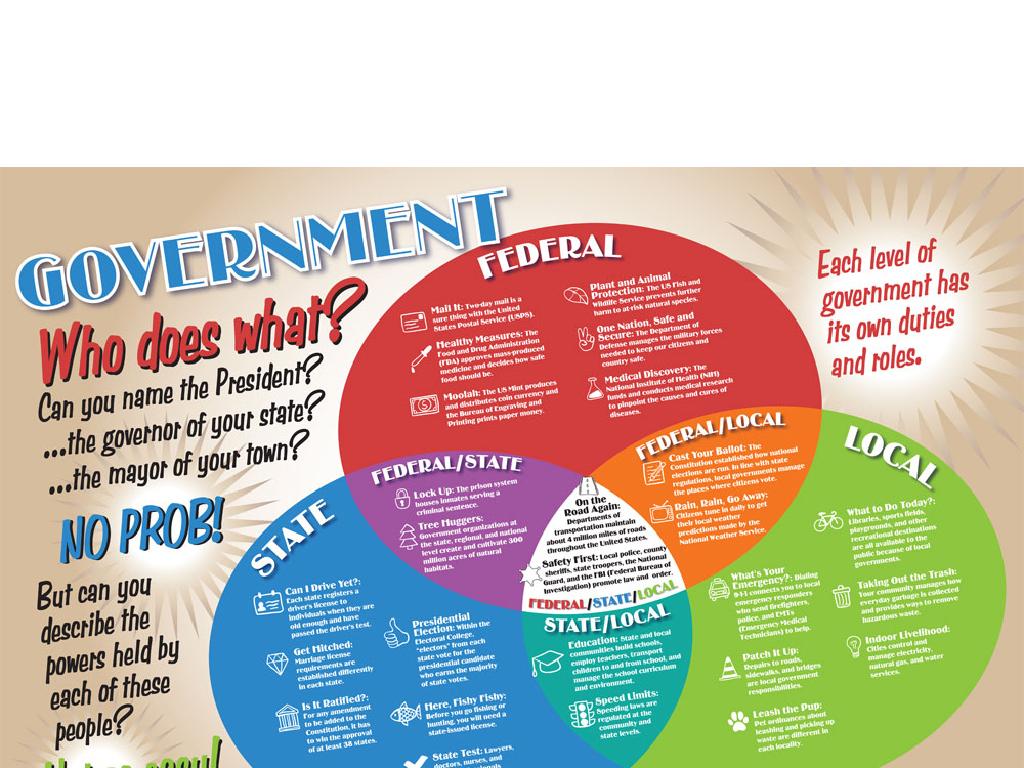Evaluate Claims About Natural Resource Use: Fossil Fuels
Subject: Science
Grade: Seventh grade
Topic: Natural Resources And Human Impacts
Please LOG IN to download the presentation. Access is available to registered users only.
View More Content
Understanding Natural Resources: Fossil Fuels
– Earth’s natural wealth
– Defining natural resources
– Resources from Earth like water, minerals, and forests
– Fossil fuels as resources
– Coal, oil, and natural gas formed from ancient organic matter
– Evaluating fossil fuel use
– Assessing the impact and sustainability of fossil fuel consumption
|
This slide introduces students to the concept of natural resources and focuses on fossil fuels as a key type of resource. Begin by discussing the various natural resources that our planet provides, such as water, minerals, forests, and fossil fuels. Explain that natural resources can be renewable or non-renewable, and that fossil fuels, which include coal, oil, and natural gas, are non-renewable because they take millions of years to form from the remains of ancient plants and animals. Emphasize the importance of evaluating the use of fossil fuels, considering their impact on the environment and their role in our energy consumption. Encourage students to think critically about how our use of fossil fuels affects the planet and to consider alternative energy sources for a sustainable future.
Understanding Fossil Fuels
– Definition of fossil fuels
– Fossil fuels are energy sources formed from ancient organic matter.
– Types: Coal, Oil, Natural Gas
– Coal is solid, oil is liquid, and natural gas is gaseous.
– Formation over millions of years
– Formed from the remains of dead plants and animals under heat and pressure.
– Fossil fuels’ role in energy
|
This slide introduces students to the concept of fossil fuels, which are crucial to our current energy needs but also contribute to environmental concerns. Begin with a clear definition, explaining that fossil fuels are derived from the decomposed remains of ancient organisms. Highlight the three main types of fossil fuels: coal, oil, and natural gas, and discuss their different states and uses. Explain the natural processes that led to their formation over millions of years, emphasizing the immense time scales involved. Conclude by touching on the importance of fossil fuels in providing energy for electricity, heating, transportation, and industry, setting the stage for a discussion on their environmental impact and the need for sustainable alternatives.
The Importance of Fossil Fuels
– Fossil fuels in daily life
– Used for heating, cooking, and electricity in homes.
– Energy production for electricity
– Power plants burn coal, oil, or gas to generate electricity.
– Fossil fuels in transportation
– Gasoline and diesel from oil power our cars, buses, and planes.
– Industrial uses of fossil fuels
– Factories rely on fossil fuels for manufacturing and machinery.
|
This slide aims to highlight the critical role fossil fuels play in our everyday lives. Students should understand that fossil fuels such as coal, oil, and natural gas are integral to many aspects of modern society, from heating our homes to fueling our vehicles. Emphasize the connection between energy production and electricity, and how most of the world’s electricity is generated from burning fossil fuels. Discuss the reliance of transportation systems on fossil fuels, and how industrial processes depend on the energy they provide. Encourage students to think about how their lives would change without fossil fuels and to consider the environmental impacts of their use.
Evaluating Claims About Fossil Fuels
– Understanding claim evaluation
– It means examining the validity of statements about fossil fuels based on evidence.
– Finding reliable sources
– Use credible books, experts, and scientific journals.
– Analyzing perspectives
– Consider environmental, economic, and social viewpoints.
– Critical thinking in science
|
This slide introduces the concept of evaluating claims about fossil fuels, a crucial skill in scientific literacy. Students will learn to assess the validity of different statements by looking for evidence and identifying reliable sources of information. Emphasize the importance of consulting credible sources such as scientific journals, experts in the field, and educational publications. Encourage students to analyze claims from various perspectives, including environmental impact, economic considerations, and social implications. This holistic approach will help them understand the complexity of issues surrounding fossil fuel use and develop critical thinking skills. Provide examples of claims and guide students on how to dissect and discuss them.
Environmental Impact of Fossil Fuels
– Air and water pollution from fuels
– Burning fossil fuels releases pollutants that harm air and water quality.
– Greenhouse gases and climate change
– Fossil fuels emit CO2, a greenhouse gas contributing to global warming.
– Impact on wildlife and habitats
– Habitats can be destroyed, affecting biodiversity and ecosystems.
– Mitigation and alternative energy
– Exploring renewable energy sources can reduce negative impacts.
|
This slide aims to educate students on the negative environmental impacts of fossil fuel usage. Discuss how the combustion of coal, oil, and gas leads to air and water pollution, affecting human health and ecosystems. Explain the role of carbon dioxide and other greenhouse gases emitted by fossil fuels in enhancing the greenhouse effect, leading to climate change. Highlight the consequences for wildlife and natural habitats, including habitat destruction and loss of biodiversity. Finally, introduce the concept of renewable energy as a way to mitigate these impacts, fostering a discussion on how society can transition towards more sustainable practices. Encourage students to think critically about the balance between energy use and environmental protection.
Alternatives to Fossil Fuels
– Explore renewable energy sources
– Solar, wind, hydro, and bioenergy
– Benefits of renewable energy
– Less pollution, inexhaustible supply
– Challenges facing renewables
– High initial costs, infrastructure changes
– Steps towards a sustainable future
– Policy support, technology, education
|
This slide aims to educate students on the importance of finding alternatives to fossil fuels due to their finite nature and environmental impact. Introduce renewable energy sources such as solar and wind, and discuss how they can provide a cleaner, more sustainable form of energy. Highlight the advantages, including reduced greenhouse gas emissions and a limitless supply. Address the challenges, including the current cost and need for new infrastructure. Emphasize the importance of transitioning to a sustainable future through supportive policies, advancements in technology, and public education. Encourage students to think about how they can contribute to this transition in their daily lives.
Class Activity: Stakeholder Debate on Fossil Fuels
– Divide into stakeholder groups
– Prepare claims on fossil fuel use
– Engage in a role-play debate
– Assume the roles of various stakeholders and present different perspectives.
– Discuss and reflect on the debate
– Consider the validity and impact of each argument presented.
|
This activity is designed to engage students in a role-play debate to evaluate different claims about the use of fossil fuels. Divide the class into small groups, each representing different stakeholders such as environmentalists, oil company executives, government officials, and local community members. Each group will research and prepare arguments either supporting or opposing the use of fossil fuels from their assigned stakeholder’s perspective. During the debate, encourage students to actively listen to opposing viewpoints and to use critical thinking to assess the validity of each claim. After the debate, lead a discussion to reflect on the arguments presented, focusing on the environmental, economic, and social impacts of fossil fuel use. This will help students understand the complexity of energy decisions and the importance of considering diverse viewpoints.
Conclusion & Homework: Fossil Fuels Impact
– Recap today’s key points
– Understand critical thinking in resource use
– Why is it important to think critically about how we use natural resources like fossil fuels?
– Homework: Essay on fossil fuels
– Write a short essay detailing how the use of fossil fuels affects our planet.
– Reflect on environmental impacts
– Consider both positive and negative effects on the environment.
|
As we conclude today’s lesson, it’s crucial for students to review what they’ve learned about fossil fuels and their use as a natural resource. Emphasize the importance of critical thinking when evaluating the use of such resources and the implications for our environment. For homework, students are tasked with writing a short essay that explores the impact of fossil fuels on the environment. This will help them to consolidate their understanding and consider the broader consequences of human activity on the planet. Encourage them to think about both the advantages and disadvantages of fossil fuel use, and to use specific examples to support their arguments. This exercise aims to foster a deeper understanding of environmental science and responsible stewardship of natural resources.






